Arsenal’s Transfer Revolution is shaking the very foundations of the European transfer market.
What Mikel Arteta, former Sporting Director Edu, and now Andrea Berta have built at the Emirates isn’t just a project anymore—it’s a statement of intent as the club seeks to compete for the major trophies now and in the next decade of so.
Evidently, Arsenal’s recruitment strategy has been smart and deliberate, targeting players within a specific age profile to build a squad for both present success and long-term dominance. At the same time, the Hale End academy continues to produce some of the most exciting young talents in Europe, with Bukayo Saka leading the way.
Emerging stars like Lewis-Skelly, Ethan Nwaneri, and now Max Dowman are proof that the future is bright for the Gunners. You can read more about these rising stars and other Arsenal academy graduates shaping the club’s future here: Hale End Arsenal Academy Graduates – Ranking the Best Young Stars.
For the established talents, the Gunners are now outmuscling Real Madrid, Bayern Munich, Liverpool, and even Pep Guardiola’s Manchester City for some of the brightest stars in world football.
In this article, we break down how Arsenal have turned themselves into one of Europe’s most attractive destinations and why top players—who once dreamed of Madrid, Munich, or Manchester—are now choosing North London.
Viktor Gyökeres: Turning Down Manchester United for Arsenal
The first major flex of this transfer window came when Viktor Gyökeres snubbed Manchester United, despite heavy pressure from Old Trafford. Reports confirmed that Ruben Amorim, now United’s head coach and Gyökeres’ former mentor at Sporting Lisbon, was desperate to reunite with the Swedish striker. But the 27-year-old made his intentions crystal clear—his heart was set on Arsenal.
This isn’t just a signing; it’s a power shift. United, who once dictated the market, were left chasing shadows while Arteta closed the deal without breaking a sweat.
Martin Zubimendi: Beating Liverpool, Real Madrid, and Bayern Munich
The headline signing of the summer was Martin Zubimendi, a player long courted by Europe’s elite. Liverpool, the reigning English champions, had been convinced Zubimendi was destined for Anfield. Who can forget the viral video of a Liverpool fan singing “Zubi Zubi Doo” last summer, celebrating too early? Watch the video here.
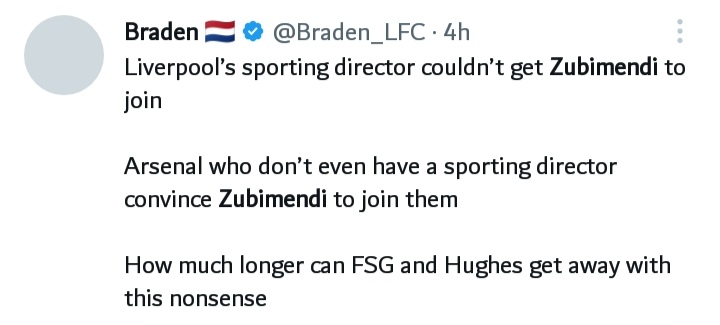
That’s how confident Liverpool fans were about landing the 26-year-old midfield maestro But Arsenal got their man.
It wasn’t just Liverpool left humiliated. Real Madrid came in with late interest, hoping to reunite Zubimendi with a familiar face—his former Real Sociedad B coach, now part of Madrid’s setup. Even more interesting, Zubimendi himself admitted Xabi Alonso—a Madrid legend—is his idol. Add Bayern Munich into the mix, who also made a serious approach, and you realize just how big this coup was.
Yet, despite all this, Zubimendi chose Arsenal. A decision that speaks volumes about the pull of Arteta’s project.
Riccardo Calafiori: Snubbing Real Madrid for Arsenal
Another statement signing was Riccardo Calafiori, the 23-year-old Italian sensation from Bologna. Madrid were circling, and several other European powerhouses were monitoring him. But the versatile defender ignored the glitz of the Bernabéu and signed for Arsenal.
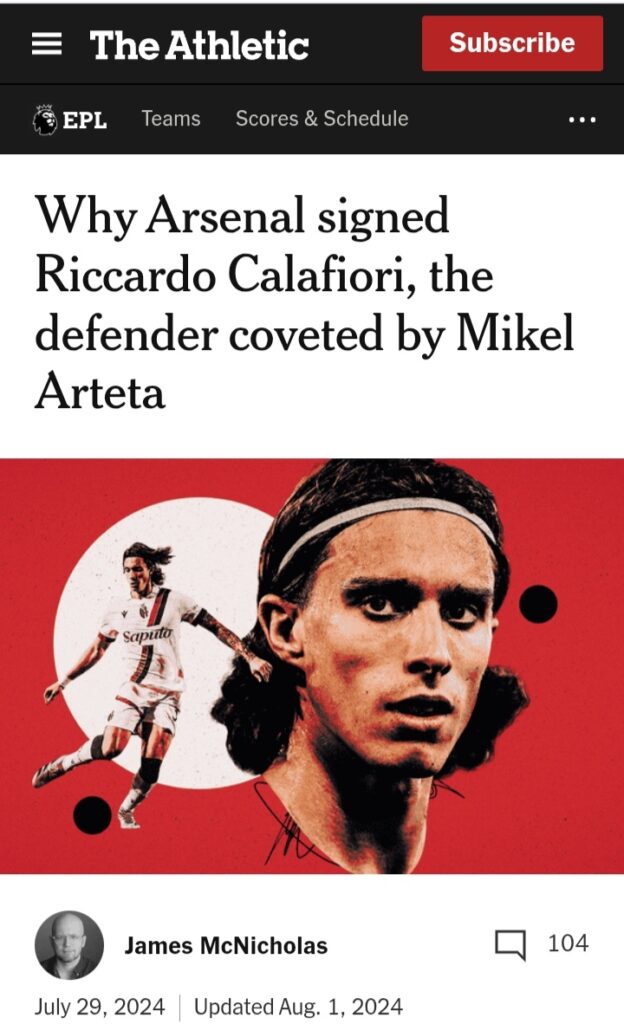
What’s even more impressive? Arsenal already boast left-footed defenders like Jakub Kiwior and Oleksandr Zinchenko, with Jurrien Timber also able to slot into that role. Despite knowing competition would be fierce, Calafiori still picked the Emirates.
That’s the kind of pull Arsenal now have—players are no longer asking for guaranteed minutes; they’re chasing Arteta’s vision.
Declan Rice: Beating City and Bayern Munich
Go back a couple of seasons, and Arsenal were already showing their teeth. Declan Rice—West Ham’s crown jewel—had Manchester City and Bayern Munich battling for his signature. Pep Guardiola reportedly pushed hard, believing Rice would thrive under his system. But Rice chose Arsenal, turning down two clubs who had been serial winners in recent years.
West Ham were fuming, City were left frustrated, and Arsenal sent a clear message: they could now lure England’s biggest talents even against the richest clubs in Europe.
Pep Guardiola himself acknowledged the Gunners’ pulling power, stating:
“Everybody knows that we wanted him. In the end, Arsenal pushed more and wanted him more. Maybe Mikel was more convincing than me or the club itself.”
When Pep admits defeat, you know something special is happening in North London.
Kai Havertz: Rejecting Real Madrid Late Hijack Attempt
In that same transfer window, Kai Havertz also turned down Real Madrid. According to reports, Madrid tried a last-minute hijack, contacting the German’s agents and even offering to match Arsenal’s package to Chelsea. They also dangled a lucrative wage packet in front of him.
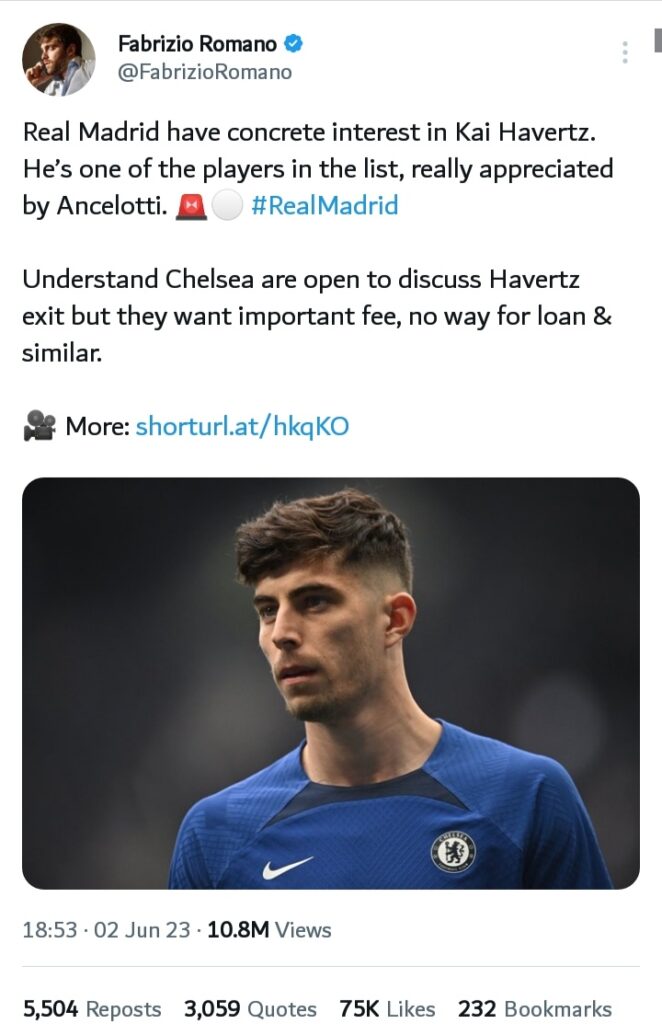
But Havertz had already agreed to join Arteta’s Arsenal. No amount of Madrid glamour or extra money could change his mind.
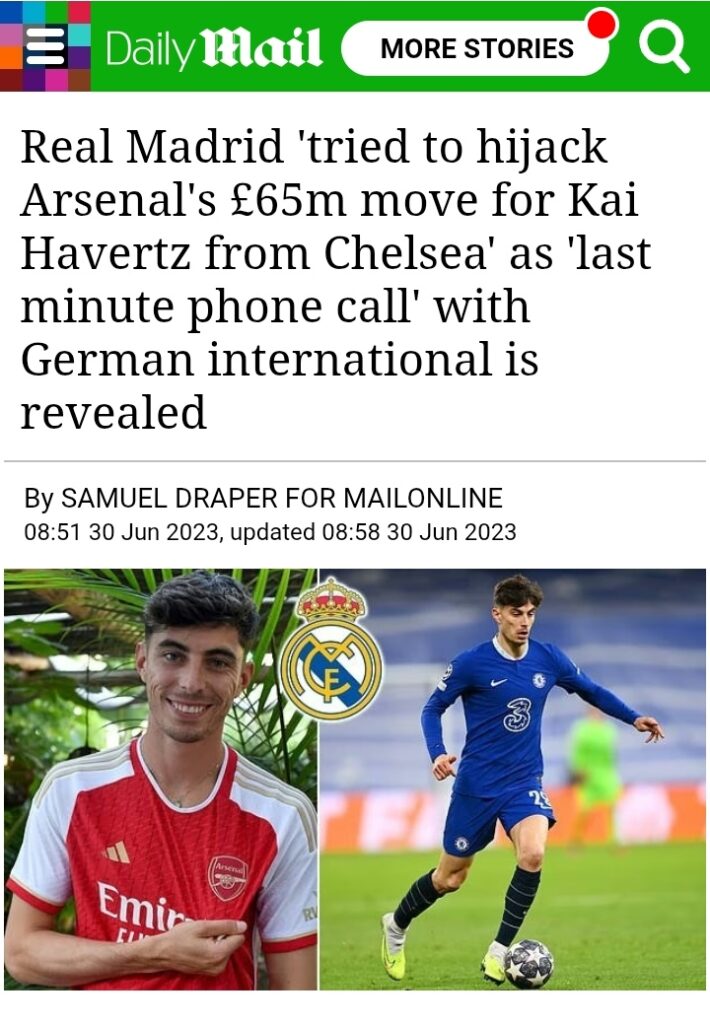
Jurrien Timber: The Defender Who Said No to Manchester United
When Erik ten Hag took the reins at Manchester United, many expected his former Ajax prodigy, Jurrien Timber, to follow him to Old Trafford. The Dutch coach had made no secret of his admiration for Timber, and United even pulled out all the stops—including inviting the defender to Wembley for the FA Cup final—as part of their charm offensive.
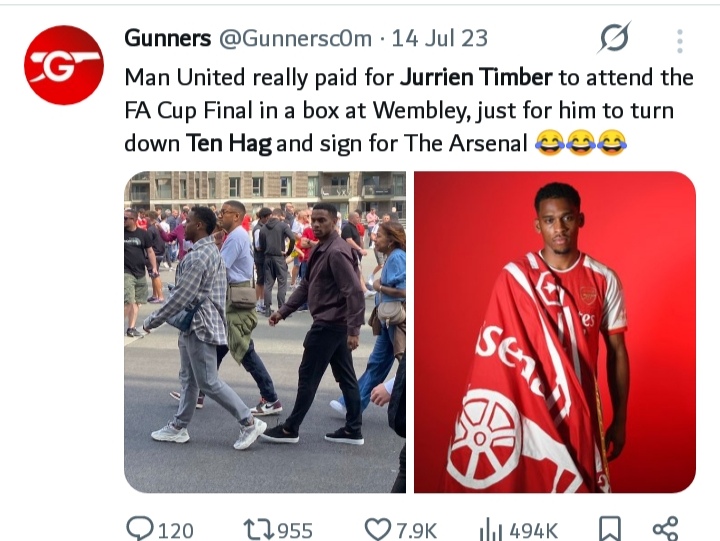
But Timber had other plans.
In a surprising twist, the versatile Dutch defender snubbed Manchester United and chose Arsenal instead, where he has since been affectionately nicknamed “Pastor Timber” by the fans—thanks to his calm demeanor and commanding presence at the back. His monstrous, composed displays have won over the Emirates faithful and confirmed what many already suspected: Arsenal under Mikel Arteta is a project that elite players believe in.
Lewis Skelly and William Saliba: Youth Choosing the Emirates
It’s not just about established stars. Lewis Skelly, one of the brightest teenage sensations, recently committed his future to Arsenal, snubbing interest from Real Madrid.
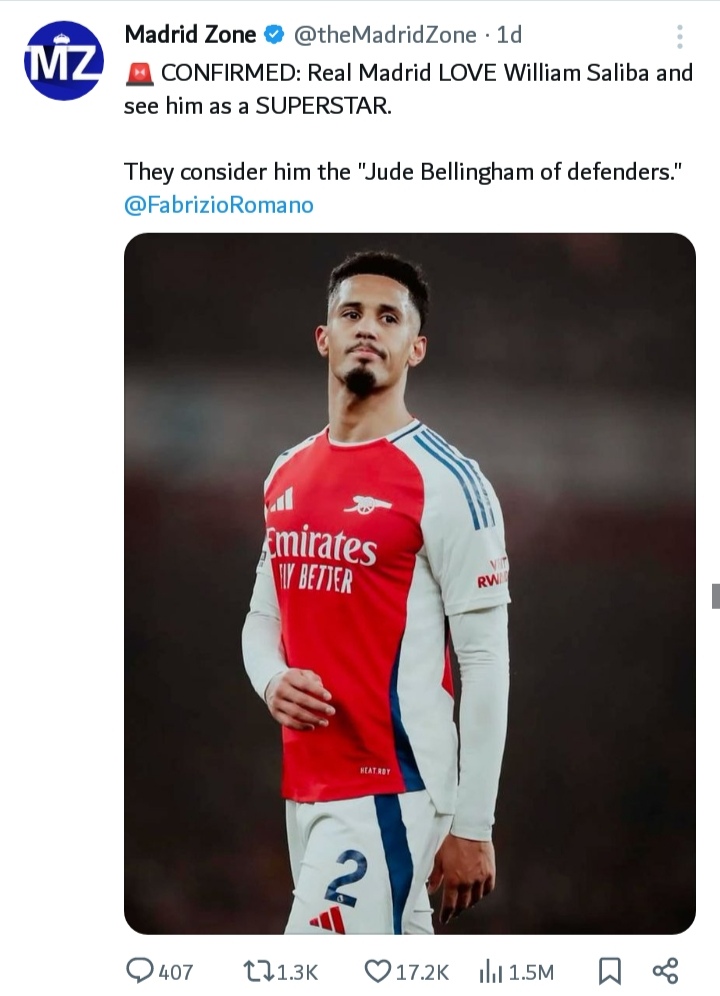
Now all eyes are on William Saliba. Madrid are actively trying to lure him to the Bernabéu, but there’s optimism in North London that the Frenchman—one of the best young defenders in world football—will commit long-term.
Context: Look at Liverpool’s Losses
To understand how big this is, compare it to Liverpool’s current struggles. Trent Alexander-Arnold, arguably the best right-back in the world, has already turned down a new contract to join Real Madrid. Reports also suggest Ibrahima Konaté, one of Liverpool’s most reliable centre-backs, could follow him.
Think about that—Trent spent 20 years at Liverpool, grew up in their academy, and still walked away despite them competing for major trophies. Liverpool couldn’t stop him.
Meanwhile, Arsenal are not just keeping their stars—they’re pulling others away from these same elite clubs. This is a huge contrast to the days of the past when Arsenal fans watched their best stars join their rivals and win trophies with them, from Robin Van Persie, Ashley Cole, and Cesc Fabregas.
Why Top Talents Are Choosing Arsenal Over Europe’s Heavyweights
So why are Europe’s most sought-after stars choosing Arsenal over richer, more decorated clubs like Manchester United, Real Madrid, and Bayern Munich? Below, we unpack the four key factors driving this transfer revolution.
1. A Young, Dynamic, and Fearless Squad
One major reason behind this trend is Arsenal’s youthful, exciting squad. According to The Athletic, Riccardo Calafiori—heavily pursued by Real Madrid, Bayern Munich, and Juventus—was laser-focused on joining Arsenal. Despite overtures from Europe’s elite, the Italian defender had eyes only for the Gunners, lured by a “young and exciting” team built for both present glory and future dominance.
Here’s the age breakdown for top European clubs in the 2024/25 season:
- Arsenal: 25.6 years
- Real Madrid: 26.3 years
- Bayern Munich: 27.6 years
- Juventus: 24.3 years
In the previous campaign (2023/24), Arsenal’s average age was 25.1 compared to Juventus at 25.8—proving Arsenal are consistently among Europe’s youngest top-performing sides.
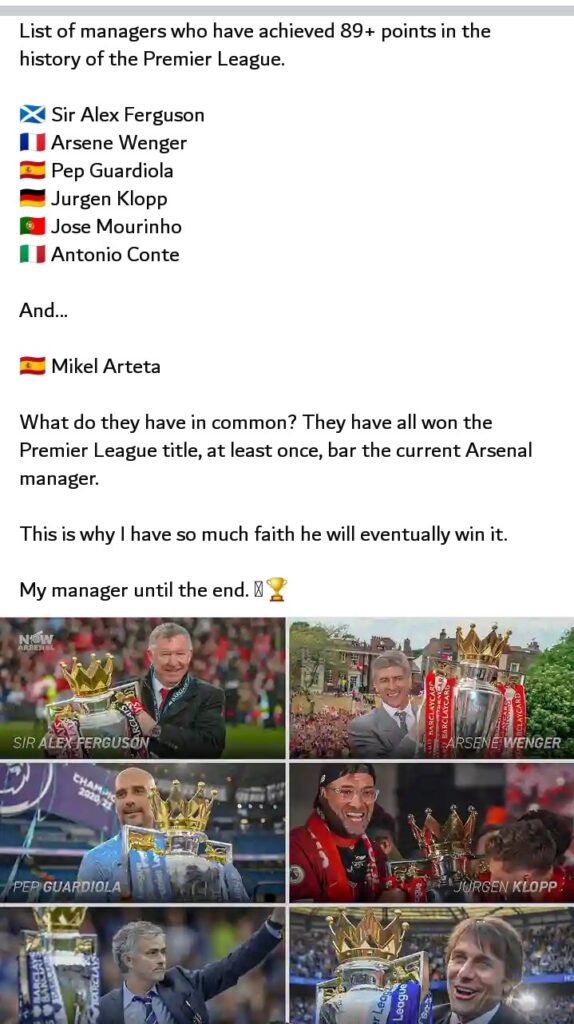
But it’s not just about age. This team excites. Fast-paced, tactically sharp, and fearless under pressure, Arsenal have competed on the biggest stages across Europe in recent seasons, challenging for the Premier League title three seasons in a row.
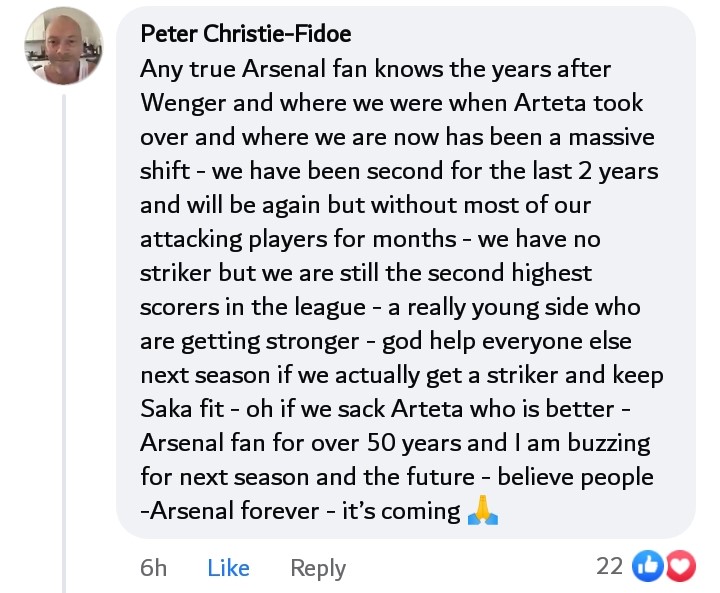
2. Mikel Arteta’s Tactical Genius and Attention to Detail
One of the most recurring themes among Arsenal’s recent signings is their admiration for Mikel Arteta’s meticulous approach to football.
Martin Zubimendi recently revealed that he was seeking a “special coach” and that Arteta’s obsessive attention to detail had a big influence on his decision to join Arsenal.
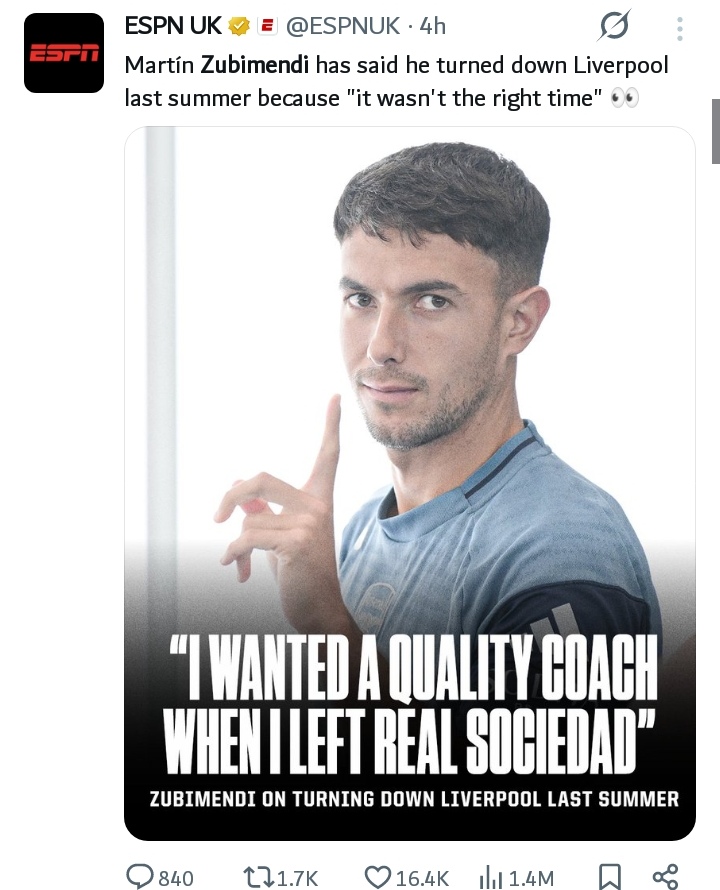
Martin Zubimendi said, “Arsenal are the only team that really stood up to PSG (last season in the UCL), they let it slip because of minor detail.” It is safe to say Martin Zubimendi liked Mikel Arteta because of ability to spot the seemingly small details.
Declan Rice echoed similar sentiments in an interview with Sky Sports:
“You think you know football, but when you meet managers like Mikel, you realize you actually know very little. It’s opened up my mind completely.”
Kai Havertz, who swapped Chelsea for Arsenal in 2023, said:
“He showed me a spectrum of football I never knew existed. It’s about improving not just as a player but as a thinker of the game.”
Santi Cazorla once mentioned how Arteta would spend hours breaking down video clips, pausing them to illustrate intricate tactical patterns. This forensic style of coaching has clearly left an impression on players.
The club’s pursuit of Zubimendi, which took nearly two years to execute, is a masterclass in long-term planning. Arsenal quietly negotiated with Real Sociedad while signing Mikel Merino in 2024, and then triggered Zubimendi’s release clause a year later in 2025. This staggered double deal, executed with surgical precision, speaks volumes about Arsenal’s strategic recruitment model and trustworthiness in negotiations.
Mikel Merino transfer was also a genius move in that it provided a blueprint for Zubimendi. It’s likely Martin Zubimendi leaned heavily on former Real Sociedad teammate Mikel Merino before making the switch. Merino’s smooth integration into Arsenal’s tactical system likely provided reassurance.
Despite being in his debut season, Merino has been dependable, adaptable, and—judging by his body language—genuinely happy.
3. First-Team Opportunities and Squad Planning
While clubs like Real Madrid and Manchester City boast world-class talent, they also present greater challenges for breaking into the first team. Arsenal, on the other hand, offer both ambition and opportunity.
At City, Declan Rice would have faced immense competition from Rodri, Bernardo Silva, and until recently, Kevin De Bruyne. At Arsenal, with Thomas Partey often sidelined due to injury and Jorginho aging, Rice was seen as the new heartbeat of the midfield.
Similarly, Zubimendi’s path at Real Madrid would’ve been blocked by Tchouameni, Camavinga, Valverde, and Bellingham. But Arsenal timed their recruitment perfectly, allowing Zubimendi to arrive just as Partey and Jorginho made way. Christian Nørgaard was brought in not as a direct rival but as experienced cover, creating space for Zubimendi to flourish.
This kind of squad planning is rare—and incredibly attractive to elite footballers.
4. Arteta’s Man-Management: A Cut Above the Rest?
Player management often defines great coaches, and Mikel Arteta appears to be mastering it. Compare that to Ruben Amorim, whose recent man-management controversies have made headlines.
Portuguese outlet Record reported that Viktor Gyökeres’ agent was furious with Amorim’s treatment of another client, Victor Lindelöf, while at Manchester United. That agent reportedly closed the door on a potential reunion between Amorim and Gyökeres.
Amorim’s public spat with Marcus Rashford, where he claimed his 65-year-old goalkeeping coach had a better chance of making the squad, did little to improve his reputation. Rashford was loaned to Aston Villa, then Barcelona—two clubs currently operating at a higher level than United. It raises eyebrows: Is Rashford suddenly good enough for Barcelona but not Manchester United?
Meanwhile, Arteta’s handling of high-profile situations like Mesut Özil and Pierre-Emerick Aubameyang was measured and diplomatic. Even in difficult circumstances, he kept the club’s image intact.
Players like Rice, Havertz, Calafiori, and Zubimendi have openly credited Arteta as the key factor in their decision to join Arsenal. That says it all.
One standout example of Arteta’s influence was his hour-and-a-half video call to convince Kai Havertz to join Arsenal. According to The Athletic, Arteta’s presentation included personal touches—messages from family, insights from former coaches, even pictures of Havertz’s dogs.
It worked.
Havertz felt valued, seen, and believed in. Arsenal became home, not just another club.
Here is an example of Arteta recently working some of his “man-management magic” on softening new signing Cristhian Mosquera — watch the moment here.
Conclusion: Now, When Arsenal Knocks, It’s a Different Knock
There is no doubt that Arsenal’s Transfer Revolution has changed how players view the club. No longer are the Gunners seen as outsiders fighting for relevance—they are now a prime destination for elite players looking for a balance of success, style, and stability.
It might have seemed like hyperbole when former head of football Raúl Sanllehí said:
“When Arsenal knocks on the door, it’s a different knock than other clubs.”
Back then, the club splashed £72 million on Nicolas Pépé—a move that didn’t age well and eventually cost Sanllehí his job.
But under Mikel Arteta, the knock is now backed by substance.
From title challenges to elite player development, from long-term squad planning to elite man-management, Arsenal have become a club that top talent chooses—over richer, more historic institutions. They’ve gone from selling a dream to delivering one.
Arsenal are not just knocking. They’re kicking down doors—and Europe’s best players are gladly walking through them.

Leave a Reply